How secure is Apple's Touch ID?
We pit the fingerprint scanner against the default 4-digit passcode.
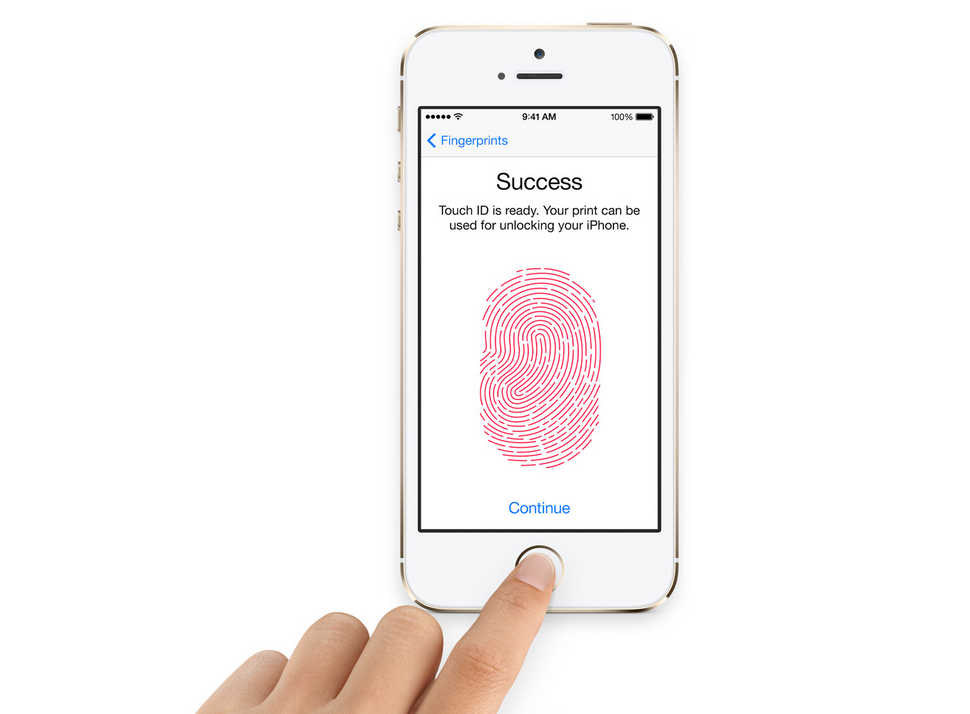
Sign up today and you will receive a free copy of our Future Focus 2025 report - the leading guidance on AI, cybersecurity and other IT challenges as per 700+ senior executives
You are now subscribed
Your newsletter sign-up was successful
One of the few hardware upgrades Apple introduced in the iPhone 5s was Touch ID, a fingerprint scanner built into the home button.
This allows users to log into the device without having to type a password and enables purchases from theiTunes Store, App Store, and iBooks Store to be authorised.
There's no doubting Touch ID is more convenient than tapping in a traditional pin number or passcode, but just how secure is it?
Is Touch ID safer than a 4-digit password?
Yes. The chances of a stranger guessing a 4-digit pin are 1 in 10,000. These odds reduce dramatically if you know the person. Friends or relatives know important dates such as anniversaries/birthdays, which could be used as a password. Of course it's also easy to look over someone's shoulder and memorise the short 4-digit sequence.
Because fingerprints are unique to individuals and tangible there's no chance they can be bypassed with guess work you either have the corresponding print or you don't. No two fingerprints are identical, and Apple claims the probability of strangers having fingerprints close enough to bypass its sensor are 1 in 50,000. You only have a maximum of ten attempts to use the fingerprint scanner before it asks you for a password - so the chances of this are slim.
On the balance of probabilities Touch ID is five times more secure than the 4-digit pin.
However, Touch ID is not impenetrable. German hacking group, Computer Chaos Club showed how to hack the system by replicating a fingerprint. The method is a laborious process - requiring a hacker to lift a fingerprint from a surface, clean it up using graphite power, take a high-res photo with a 2400dpi camera, and print it off at a resolution of 1200dpi onto a plastic or latex material.
Sign up today and you will receive a free copy of our Future Focus 2025 report - the leading guidance on AI, cybersecurity and other IT challenges as per 700+ senior executives
A second way of hacking Touch ID is far easier, but depends on opportunity. Simply wait for the person whose fingerprint you require to fall asleep before gently prodding their finger on the home button. It's crafty and most probably restricted to nosy family members and friends. But it's far more likely to happen than the fake fingerprint method.
The 6-digit combo
On the balance of probabilities Touch ID is five times more secure than the 4-digit pin. But what if you up this to a unique 6-digit combination?
The chances of someone guessing a random 6-digit pin are one in a million in theory - making it 20 times more secure than Touch ID. If you use a 6-character alphanumeric password, the number of possible combinations increases to two billion.
So what's the takeaway? Touch ID isn't perfect, but it is safer than the 4-digit pin. We see it gaining mass adoption amongst Apple users due to the ease of use. But a combination of 6+ characters is still safe, and Apple hasn't killed off the password completely.
The iPhone 5s requires users to enter their password every time they reboot, when over48 hourshave elapsedbetween unlocks and when you want to enter the Passcode and Fingerprint setting.
-
 ITPro Best of Show NAB 2026 awards now open for entries
ITPro Best of Show NAB 2026 awards now open for entriesThe awards are a fantastic opportunity for companies to stand out at one of the industry's most attended shows
-
 Mistral CEO Arthur Mensch thinks 50% of SaaS solutions could be supplanted by AI
Mistral CEO Arthur Mensch thinks 50% of SaaS solutions could be supplanted by AINews Mensch’s comments come amidst rising concerns about the impact of AI on traditional software
-
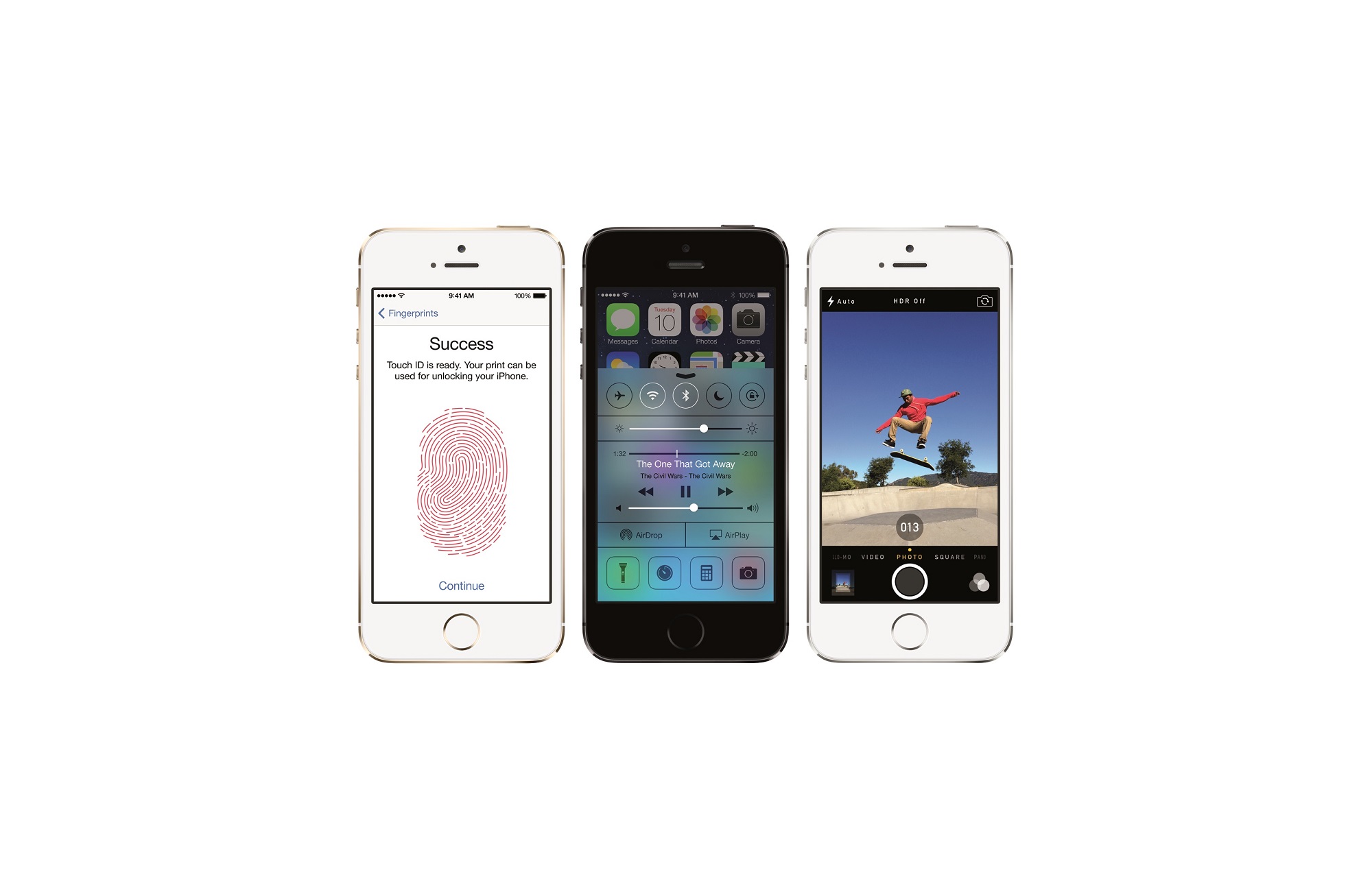 iPhone 5s: Top 10 tips and tricks
iPhone 5s: Top 10 tips and tricksNews iOS 7.1 hints include flash alerts, battery optimisations and make Siri smarter
-
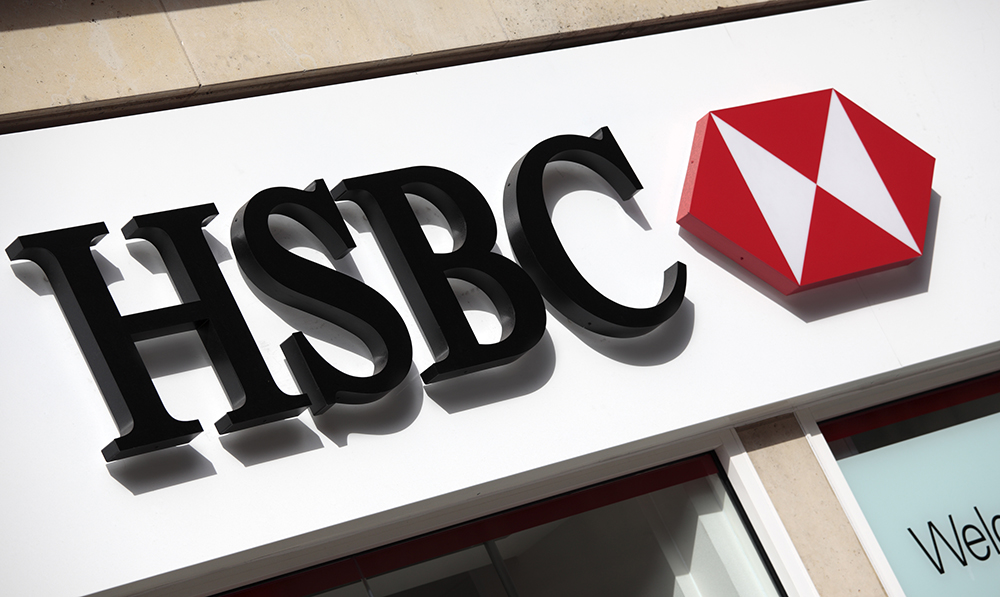 HSBC to replace passwords with biometric banking
HSBC to replace passwords with biometric bankingNews Voice ID and fingerprints will make log-in processes easier
-
 Apple Touch ID to work with RBS & Natwest mobile apps
Apple Touch ID to work with RBS & Natwest mobile appsNews Banks claim to be first in UK to offer biometric security to customers
-
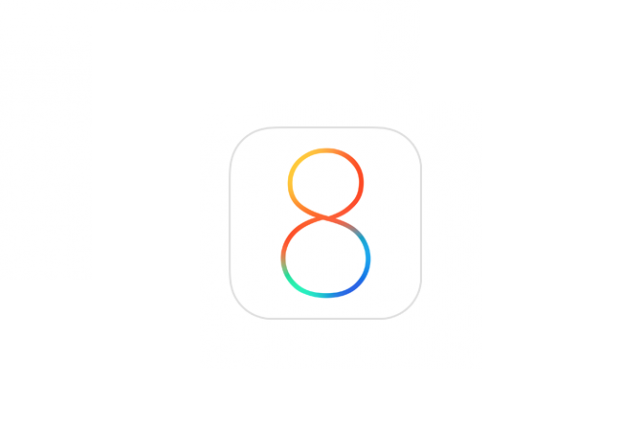 iOS 8.1 available to download now: What's new?
iOS 8.1 available to download now: What's new?News iOS 8.1 is finally available to download for free. Here we run through what the latest version of the mobile OS has to offer
-
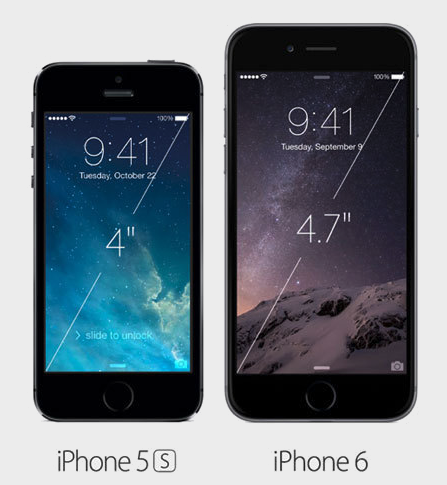 iPhone 6 vs iPhone 5s: What’s new?
iPhone 6 vs iPhone 5s: What’s new?News Is it worth upgrading to the iPhone 6?
-
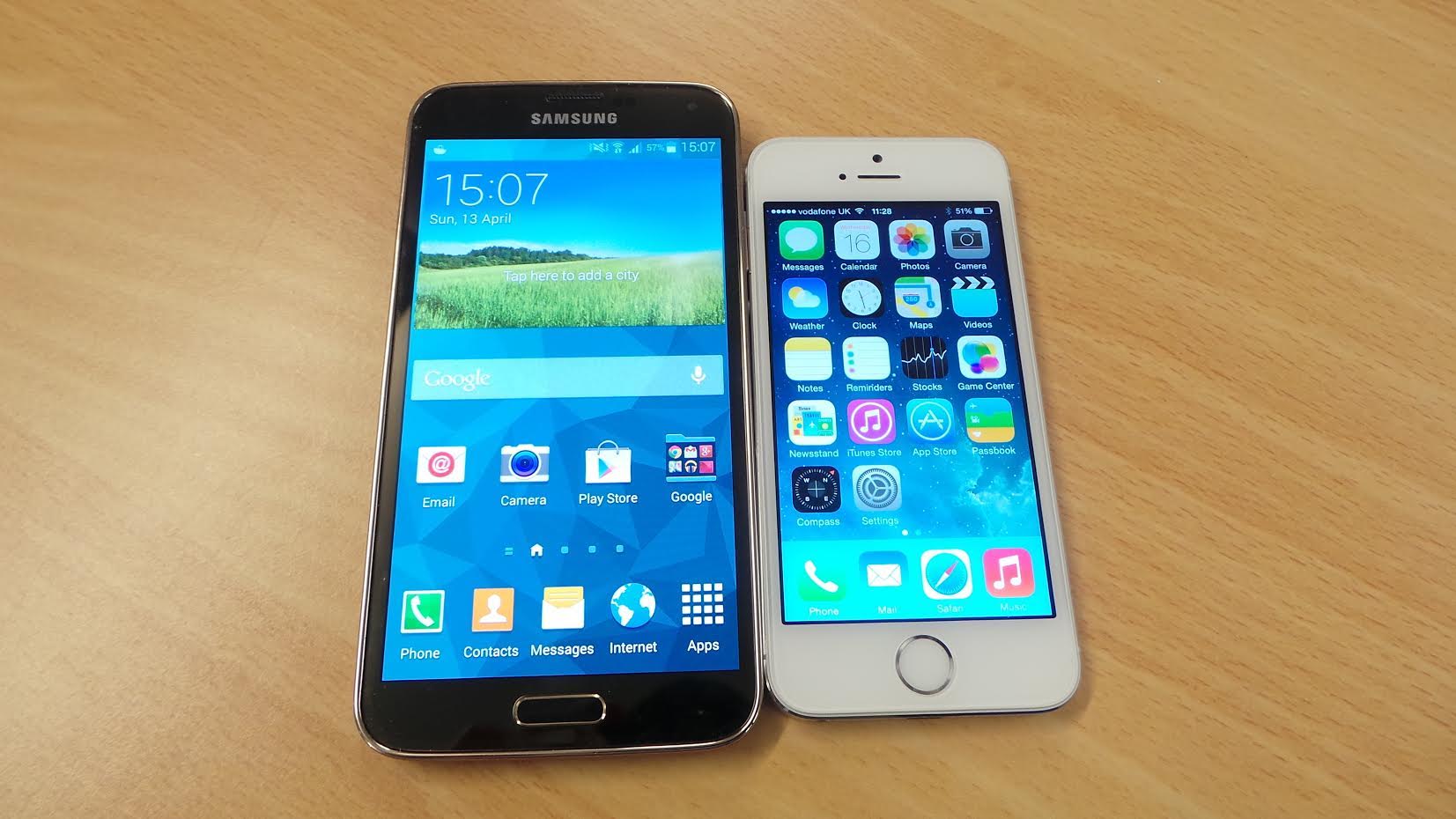 Samsung Galaxy S5 vs iPhone 5s: Which is best?
Samsung Galaxy S5 vs iPhone 5s: Which is best?Vs Is the Android handset better than the flagship iOS device?
-
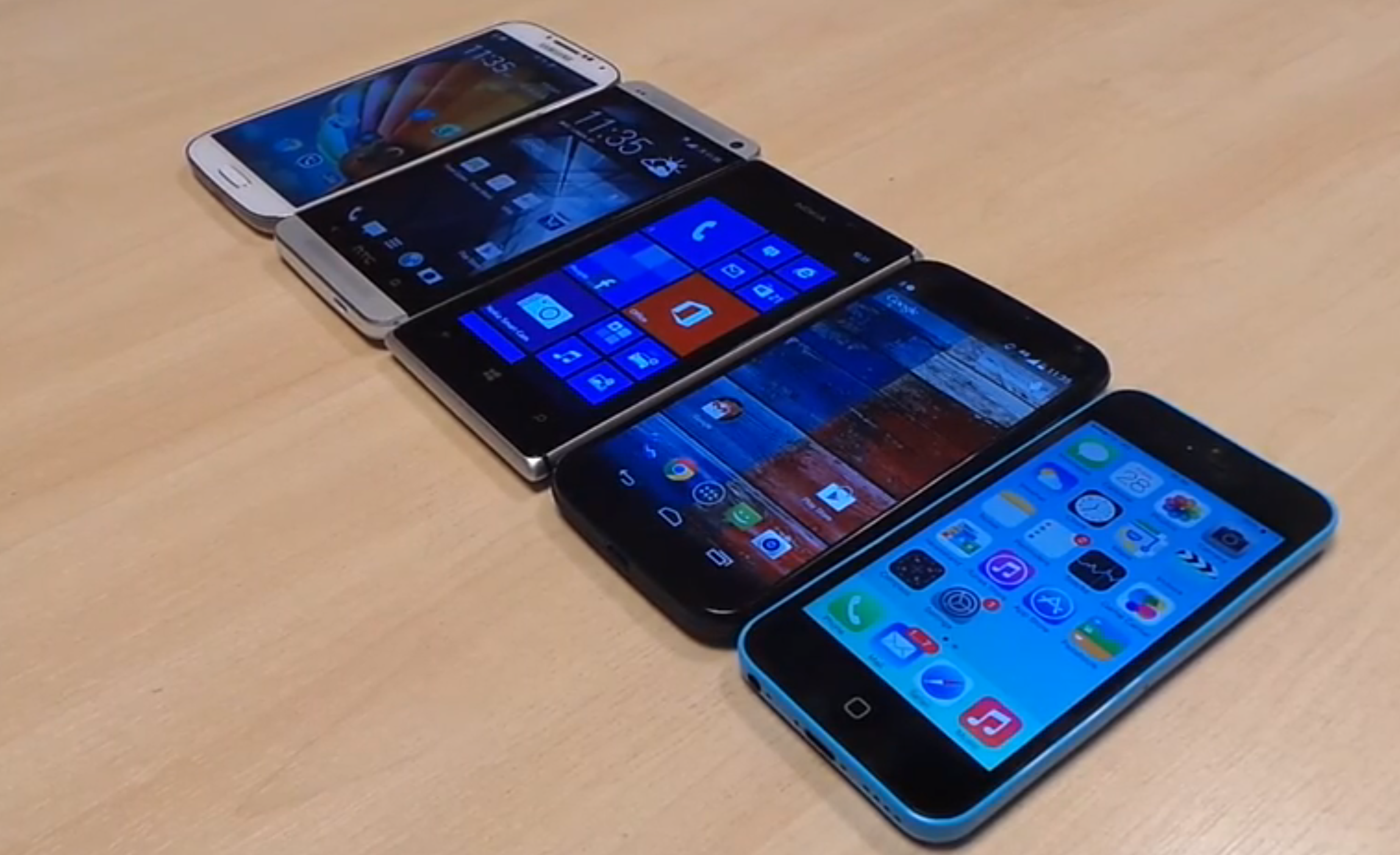 Samsung Galaxy S4 vs iPhone 5C vs HTC One vs Lumia 925 vs Moto X head-to-head
Samsung Galaxy S4 vs iPhone 5C vs HTC One vs Lumia 925 vs Moto X head-to-headVs Need a smartphone on a budget? Check out these 2013 handsets which can be picked up starting at £21/month.
-
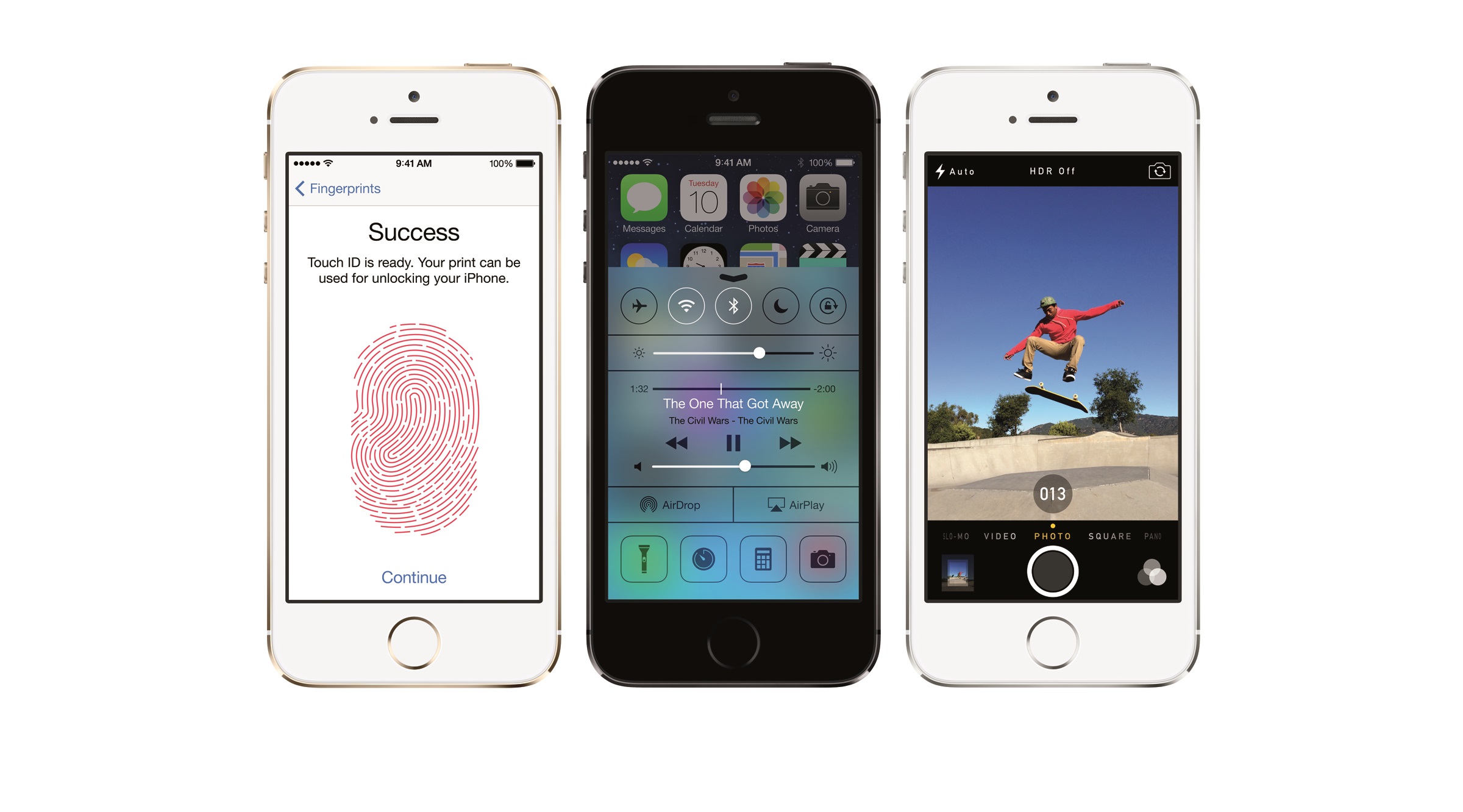 Apple reveals inner workings of iPhone 5s Touch ID scanner
Apple reveals inner workings of iPhone 5s Touch ID scannerNews The consumer electronics giant explains how Touch ID keeps users' fingerprints safe.